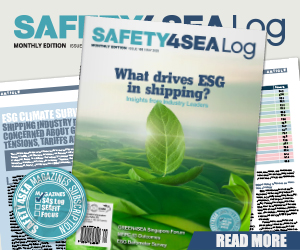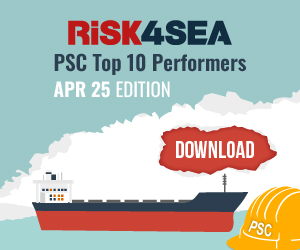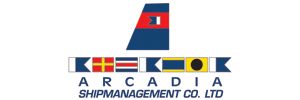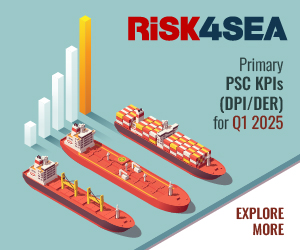The Panama Maritime Authority (PMA) has introduced new regulations aimed at curbing the use of ship-to-ship (STS) oil transfers obscuring the origin of cargo, particularly Russian and Iranian oil.
As stated, the move marks the latest effort by Panama to crack down on suspicious activities involving vessels in its registry. Under a resolution published this month, the PMA has implemented stricter controls and mandatory traceability requirements for offshore STS transfers of hydrocarbons.
Effective immediately, all Panama-flagged vessels with a gross tonnage of 150 or more are required to notify the flag state at least 48 hours prior to any planned STS operation. Furthermore, the notification must include comprehensive technical, logistical and operational information, as well as details about the other vessel involved, such as its IMO number and flag.
Additionally, ships must declare the location and method of the transfer and confirm that the operation is in full compliance with MARPOL requirements.
The updated rules aim to limit Panama’s involvement in maritime practices that facilitate sanctioned oil trades, reinforcing its commitment to upholding international maritime standards. Most recently, the Panama Maritime Authority (PMA) implemented an additional safeguard called Precheck, a screening process which aims to ensure only compliant vessels join the Panama Ship Registry.
This is not just about safeguarding the reputation of the Panamanian registry but about ensuring that our vessels are not used as platforms for illicit activities that undermine global trade and harm the environment.
…said Rina Berrocal, Acting Director, DGMM.































































